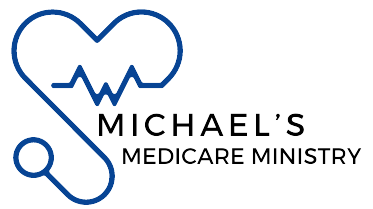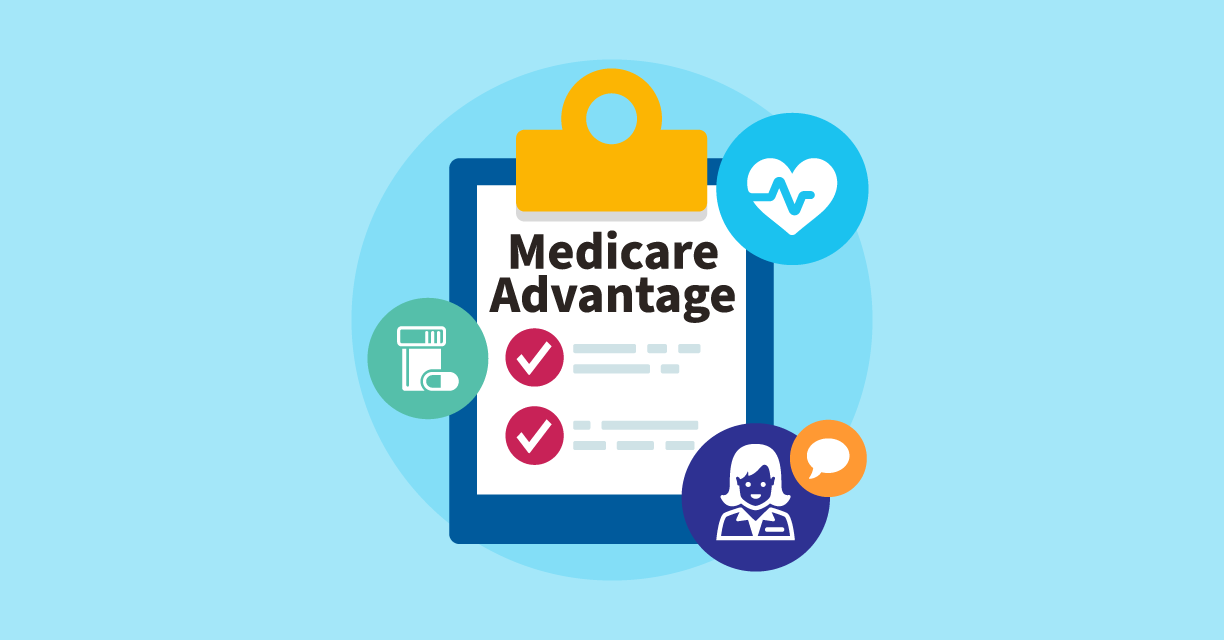Choosing a Medicare Advantage Plan can be one of the most important decisions you make about your healthcare coverage. While these plans (also known as Medicare Part C) offer an alternative to Original Medicare, they’re not all the same—and the plan that’s right for someone else might not be the best fit for you.
In Oregon, particularly in cities like Beaverton, there are a variety of options available. Before you enroll, it’s essential to ask the right questions so you can confidently choose the coverage that supports your health and lifestyle. Many individuals prefer to consult with independent Medicare advisors in Beaverton, OR to get unbiased guidance tailored to their unique needs.
📍 Location Information
If you’re seeking Medicare-related guidance locally, help is available at:
Address: 15125 SW Ruby Court, Beaverton, OR
Call: +1 (503) 828-2328
Email: wmichaeljarman@gmail.com
What Is a Medicare Advantage Plan?
Medicare Advantage Plans are offered by private insurance companies that contract with Medicare. These plans provide all the benefits of Part A (hospital insurance) and Part B (medical insurance), and many also include:
- Prescription drug coverage
- Vision, dental, and hearing services
- Wellness programs or gym memberships
- Transportation or telehealth services
However, benefits, provider networks, and costs vary by plan and region. Understanding the fine print before signing up is crucial.
Important Questions to Ask Before Enrolling
To make sure your Medicare Advantage Plan aligns with your healthcare needs, consider asking the following questions during your selection process:
1. Are My Preferred Doctors and Specialists in the Plan’s Network?
Many Medicare Advantage Plans use provider networks (like HMOs or PPOs). If you have doctors or specialists you prefer, check whether they’re included. Using out-of-network providers could result in higher costs or limited coverage.
Tip: Ask about referral requirements and whether you need a primary care physician to coordinate your care.
2. Does the Plan Include Prescription Drug Coverage?
While many Medicare Advantage Plans include drug coverage, not all do. You’ll want to:
- Confirm that drug coverage is included
- Check if your prescriptions are on the plan’s formulary
- Understand what pharmacy networks are accepted
- Look at potential co-pays or step therapy requirements
3. What Is the Maximum Out-of-Pocket Limit?
Unlike Original Medicare, Medicare Advantage Plans have an annual limit on how much you’ll pay out of pocket for covered services. Once you hit that limit, the plan covers 100% of services for the rest of the year.
This cap is important because it protects you from very high medical costs. Still, limits can vary between plans—so it’s worth comparing them side-by-side.
4. Are Vision, Dental, or Hearing Services Included?
Original Medicare doesn’t cover most routine vision, dental, or hearing needs. Many Advantage Plans offer these as extra benefits—but coverage levels can differ.
Questions to consider:
- Are cleanings, eye exams, or hearing aids included?
- Is there a benefit cap or network you must use?
- What’s covered annually vs. every two years?
5. How Does the Plan Handle Emergency and Travel Coverage?
If you travel frequently or spend winters in another state, understanding how your Medicare Advantage Plan handles out-of-area care is vital. Some plans offer limited emergency coverage outside your service area, while others may offer national PPO networks.
Be sure to ask:
- Will I be covered while traveling?
- Are urgent care visits reimbursed?
- What happens if I receive treatment in another state?
6. What Are the Monthly Premiums and Other Costs?
Although some Advantage Plans have low or zero-dollar premiums, you still need to pay your Medicare Part B premium. On top of that, you’ll want to look at:
- Deductibles
- Co-pays and co-insurance
- Prescription costs
- Out-of-pocket maximums
Make sure the total expected cost—not just the premium—fits your budget and healthcare usage.
7. What Happens if I Want to Switch Plans Later?
Your healthcare needs may change over time. Understanding when and how you can switch Medicare Advantage Plans is important. In most cases, changes can be made during the Annual Enrollment Period (AEP) or, in some cases, during a Special Enrollment Period (SEP).
You’ll want to ask:
- What is the cancellation or switching process like?
- Are there any lock-in periods?
- What other options are available if my needs change?
8. Is Local Support Available if I Have Questions or Issues?
Choosing the right plan isn’t just about picking a network or benefit. It’s about having the right guidance if things change, if you’re unsure about a bill, or if you need help navigating claims.
Many people in Oregon, especially in Beaverton, prefer working with someone familiar with the local healthcare landscape to avoid unnecessary confusion.
📍 Location Information
If you’re seeking Medicare-related guidance locally, help is available at:
15125 SW Ruby Court, Beaverton, OR
📞 Call: +1 (503) 828-2328
📧 Email: wmichaeljarman@gmail.com
Frequently Asked Questions (FAQs)
1. Can I enroll in a Medicare Advantage Plan if I have pre-existing conditions?
Yes, Medicare Advantage Plans accept individuals with pre-existing conditions. You can generally enroll as long as you’re eligible for Medicare Part A and Part B.
2. What if I already have a Medicare Supplement Plan?
You cannot be enrolled in both a Medicare Supplement (Medigap) plan and a Medicare Advantage Plan at the same time. You’ll need to cancel one before enrolling in the other.
3. How often can I change my Medicare Advantage Plan?
You can switch during the Annual Enrollment Period. In some situations, like moving out of your plan’s service area, you may qualify for a Special Enrollment Period




